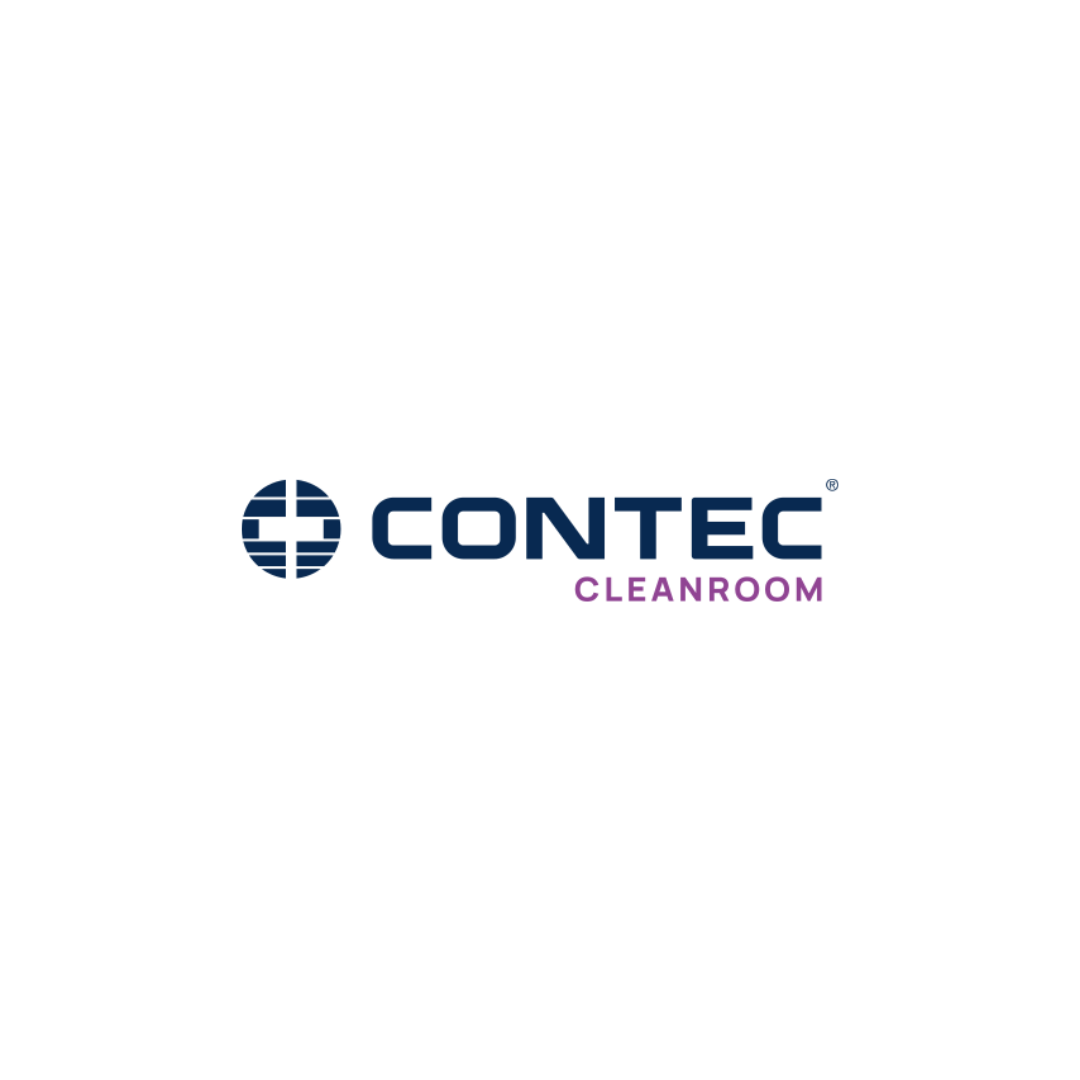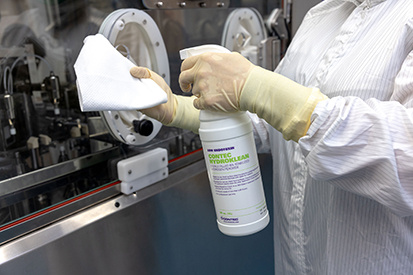This blog will explore the importance of using a sporicidal disinfectant in cleanrooms, focusing on how it performs the essential task of eliminating spores.
In the world of cleanrooms, the fight against contamination is ongoing. Microbial spores can be a significant threat to product quality and safety. Sporicidal disinfectants are specialized chemicals designed to kill spores rapidly and effectively. Understanding how these powerful agents work in maintaining a sterile environment is crucial.
What is a Sporicidal Disinfectant?
As defined by the US FDA and USP, a sporicidal disinfectant is a chemical agent designed to kill bacterial and fungal spores. Unlike common disinfectants, sporicidals are potent enough to destroy the tough outer coatings of spores, which are inherently resistant to typical cleaning agents. While both bacterial and fungal spores can be more resistant to typical disinfectants than vegetative forms of the microorganism, bacterial spores generally are considered the most difficult to disinfect.
In cleanrooms, sporicidal disinfectants are essential for maintaining the aseptic conditions necessary for sensitive operations. They ensure that the products manufactured are of high quality and free from microbial contamination. These agents are used in combination with precise cleaning protocols to achieve the desired level of cleanliness.
How Does a Sporicidal Disinfectant Work?
The effectiveness of a sporicidal lies in its ability to penetrate the protective shell of spores. This outer layer of protein makes bacterial spores extraordinarily resistant to typical disinfectants.
The most common sporicidal disinfectants are formulated with either sodium hypochlorite (bleach) or a mixture of peracetic acid and hydrogen peroxide. These ingredients are ideal for destroying the outer shell killing the spore. It’s important to remove the dead spores from the surface with a rinse step and mechanical removal using a wipe or mop, depending on the surfaces.
Why Use a Sporicidal in a Cleanroom?
Cleanrooms are specialized environments where even the smallest amount of contamination can have severe consequences. Spores, due to their resilient nature, pose a unique threat in these settings.
Using a sporicidal disinfectant ensures:
- Rapid Action: Many sporicidal disinfectants work quickly to neutralize spores, minimizing downtime.
- Effective Cleaning: They provide a level of cleanliness that ordinary disinfectants cannot achieve.
- Compliance with Regulations: Meeting stringent industry standards is essential, and using a sporicidal ensures compliance with those guidelines.
Sporicidal disinfectants are essential to maintain cleanroom compliance. Their unique ability to rapidly and effectively eliminate spores ensures that cleanrooms can maintain the stringent standards required in pharmaceutical manufacturing, biotechnology, and life sciences facilities. By using a sporicidal disinfectant, facilities safeguard their products.





